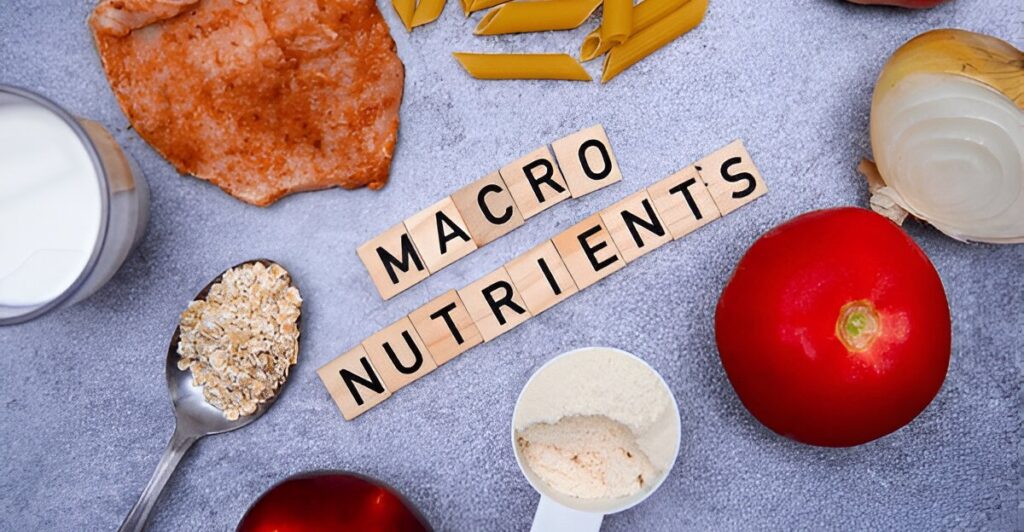Autoimmune conditions, such as rheumatoid arthritis, lupus, and Hashimoto’s thyroiditis, occur when the immune system mistakenly attacks the body’s own tissues. While medical treatments are vital, diet plays a crucial role in managing symptoms and promoting healing. Nutritional strategies for autoimmune conditions focus on reducing inflammation, supporting gut health, and balancing the immune system. This article explores science-backed dietary approaches, key nutrients, and practical tips to help those with autoimmune conditions thrive.
How Diet Impacts Autoimmune Conditions
The link between diet and autoimmune health is well-documented in research, including studies in The Journal of Autoimmunity and Nutrients. Poor nutrition can exacerbate inflammation, disrupt gut health, and trigger immune overactivity, worsening symptoms like fatigue, joint pain, and brain fog. Conversely, targeted nutritional strategies for autoimmune conditions can calm the immune response, repair the gut, and improve overall well-being. Key mechanisms include:
- Reducing Inflammation: Anti-inflammatory foods lower pro-inflammatory cytokines, easing symptoms.
- Healing the Gut: A healthy gut microbiome and strong gut barrier prevent “leaky gut,” a trigger for autoimmunity (Frontiers in Immunology).
- Balancing Nutrients: Adequate vitamins and minerals support immune regulation and tissue repair.
- Avoiding Triggers: Certain foods, like gluten or dairy, may exacerbate symptoms in sensitive individuals.
By adopting nutritional strategies for autoimmune conditions, you can address root causes and complement medical care.
Key Nutritional Strategies for Autoimmune Conditions
Research highlights several dietary approaches that show promise for managing autoimmune conditions. Here are the most effective strategies:
1. Adopt an Anti-Inflammatory Diet
Chronic inflammation fuels autoimmune symptoms. An anti-inflammatory diet, similar to the Mediterranean diet, emphasizes whole foods rich in omega-3s, antioxidants, and fiber to reduce inflammation (Arthritis & Rheumatology).
Key Foods:
- Fatty Fish: Salmon, mackerel for omega-3s.
- Leafy Greens: Spinach, kale for antioxidants.
- Berries: Blueberries, raspberries for polyphenols.
- Spices: Turmeric, ginger for anti-inflammatory compounds.
Pro Tip: Pair turmeric with black pepper to boost curcumin absorption.
2. Support Gut Health
The gut microbiome and intestinal barrier play a critical role in autoimmunity. Probiotic and prebiotic foods strengthen the gut, reducing systemic inflammation (Gut Microbes).
Gut-Friendly Foods:
- Probiotics: Yogurt, kefir, sauerkraut.
- Prebiotics: Garlic, onions, asparagus.
- Bone Broth: Contains collagen to repair the gut lining.
Pro Tip: Start with small servings of fermented foods to avoid digestive discomfort.
3. Consider Elimination Diets
Certain foods may trigger autoimmune flares in sensitive individuals. Elimination diets, like the Autoimmune Protocol (AIP) or gluten-free diets, remove potential irritants and reintroduce them systematically to identify triggers (Journal of Translational Medicine).
Common Triggers to Test:
- Gluten (wheat, barley)
- Dairy
- Nightshades (tomatoes, eggplants)
- Processed foods
Pro Tip: Work with a dietitian to ensure nutrient balance during elimination phases.
4. Prioritize Nutrient-Dense Foods
Autoimmune conditions often increase nutrient needs due to inflammation and medication side effects. Key nutrients support immune balance and tissue repair.
Essential Nutrients:
- Vitamin D: Enhances immune regulation; found in fatty fish, egg yolks (Autoimmunity Reviews).
- Omega-3s: Reduce inflammation; found in fish, flaxseeds.
- Zinc: Supports immune function; found in pumpkin seeds, oysters.
- Magnesium: Calms nervous system; found in spinach, almonds.
Pro Tip: Get blood tests to check for deficiencies, especially vitamin D and zinc.
5. Limit Processed Foods and Sugars
Processed foods and added sugars promote inflammation and disrupt gut health, worsening autoimmune symptoms (The Lancet). Avoid sugary drinks, packaged snacks, and trans fats.
Pro Tip: Swap processed snacks for whole foods like nuts or sliced vegetables with hummus.
Benefits of Nutritional Strategies for Autoimmune Conditions
Implementing nutritional strategies for autoimmune conditions offers significant benefits:
- Reduced Inflammation: Lowers pain and fatigue (Rheumatology International).
- Improved Gut Health: Strengthens immunity and reduces flares.
- Better Symptom Management: Eases joint pain, brain fog, and digestive issues.
- Enhanced Energy: Nutrient-dense foods boost vitality.
- Complementary to Treatment: Supports medications and reduces side effects.
Challenges and Considerations
Adopting nutritional strategies for autoimmune conditions can be challenging:
- Restrictive Diets: Elimination protocols like AIP may feel limiting or socially isolating.
- Cost and Access: Fresh, organic foods can be expensive or hard to source.
- Individual Variability: Triggers and nutrient needs vary, requiring personalized plans.
- Time Commitment: Meal prep and planning demand effort.
Consult a functional medicine practitioner or dietitian to tailor your diet, especially if you’re on medications or have complex symptoms. Avoid extreme restrictions that could lead to deficiencies.
Practical Tips for Success
To effectively use nutritional strategies for autoimmune conditions, follow these actionable steps:
1. Start with Small Changes
Begin by adding one anti-inflammatory food daily, like a serving of berries, or cutting out one trigger, like soda.
Pro Tip: Keep a symptom journal to track how dietary changes affect your condition.
2. Batch Prep Meals
Prepare nutrient-dense meals in advance to save time and stay consistent. Make large batches of soups, roasted vegetables, or grilled proteins.
Pro Tip: Invest in glass containers for easy storage and reheating.
3. Stay Hydrated
Water supports detoxification and reduces inflammation. Aim for 8-10 cups daily, enhanced with herbal teas or bone broth for added nutrients.
Pro Tip: Infuse water with lemon or mint for flavor and antioxidants.
4. Experiment with Elimination
Try a 4-6 week elimination diet, removing gluten or dairy, then reintroduce foods one at a time to identify triggers. Monitor symptoms closely.
Pro Tip: Reintroduce foods slowly, one every 3-4 days, to pinpoint reactions.
5. Supplement Wisely
If dietary intake is low, consider supplements like omega-3s, vitamin D, or probiotics, but only under medical guidance to avoid interactions.
Pro Tip: Choose third-party tested supplements for quality and safety.
Sample Autoimmune-Friendly Meal Plan
Here’s a one-day plan to illustrate nutritional strategies for autoimmune conditions:
- Breakfast: Smoothie with kale, blueberries, flaxseeds, coconut milk, and turmeric.
- Snack: Pumpkin seeds and a sliced cucumber.
- Lunch: Grilled salmon with roasted zucchini, quinoa, and olive oil dressing.
- Snack: Bone broth with a sprinkle of ginger.
- Dinner: Chicken stir-fry with spinach, cauliflower rice, and garlic.
Final Thoughts
Nutritional strategies for autoimmune conditions offer a powerful way to manage symptoms, reduce inflammation, and support healing through diet. By prioritizing anti-inflammatory foods, healing the gut, and identifying triggers, you can take control of your health and complement medical treatments. Start small—add a nutrient-dense meal or try a short elimination phase—and build from there. With personalized planning and consistent effort, food can become a cornerstone of your autoimmune management, helping you feel stronger, more energized, and in charge of your well-being.


